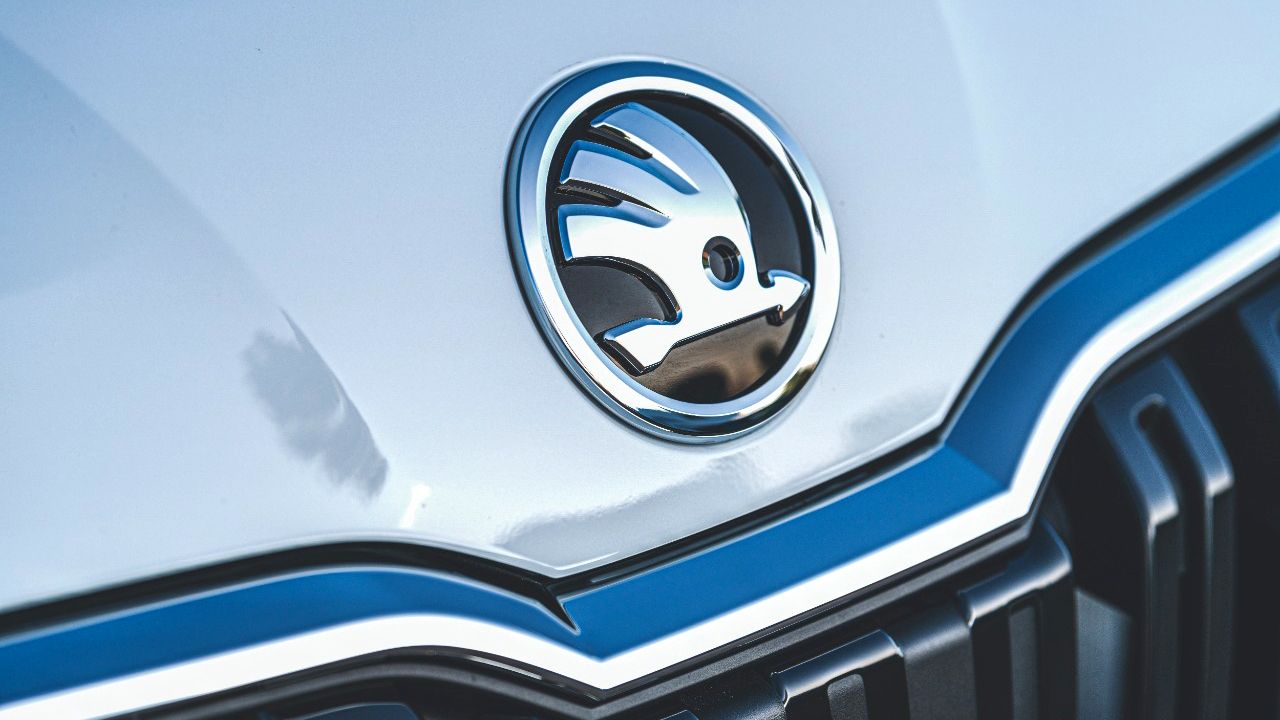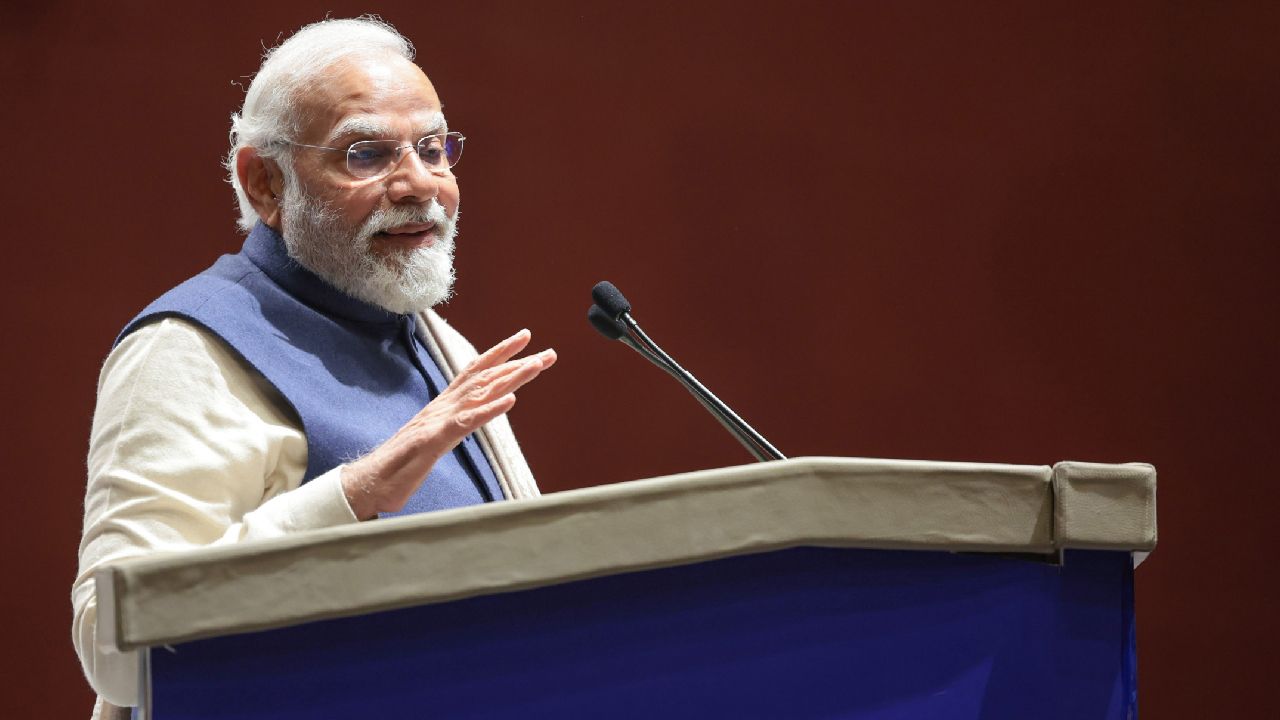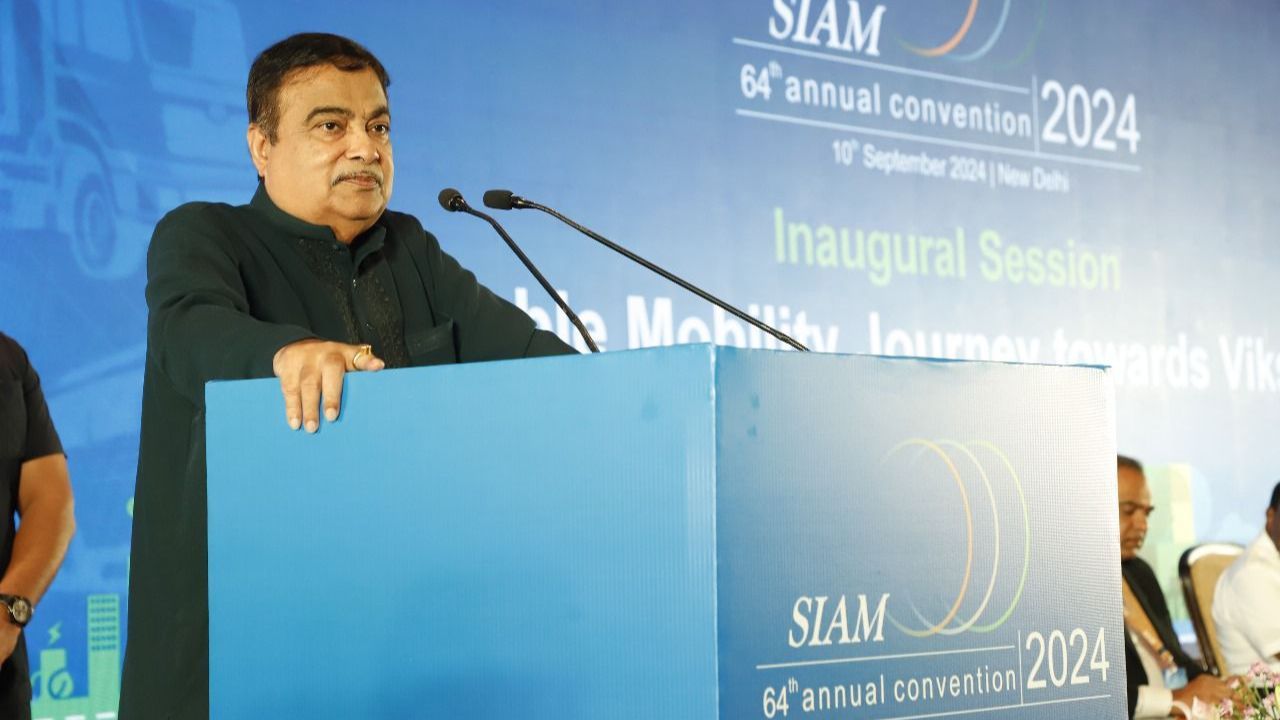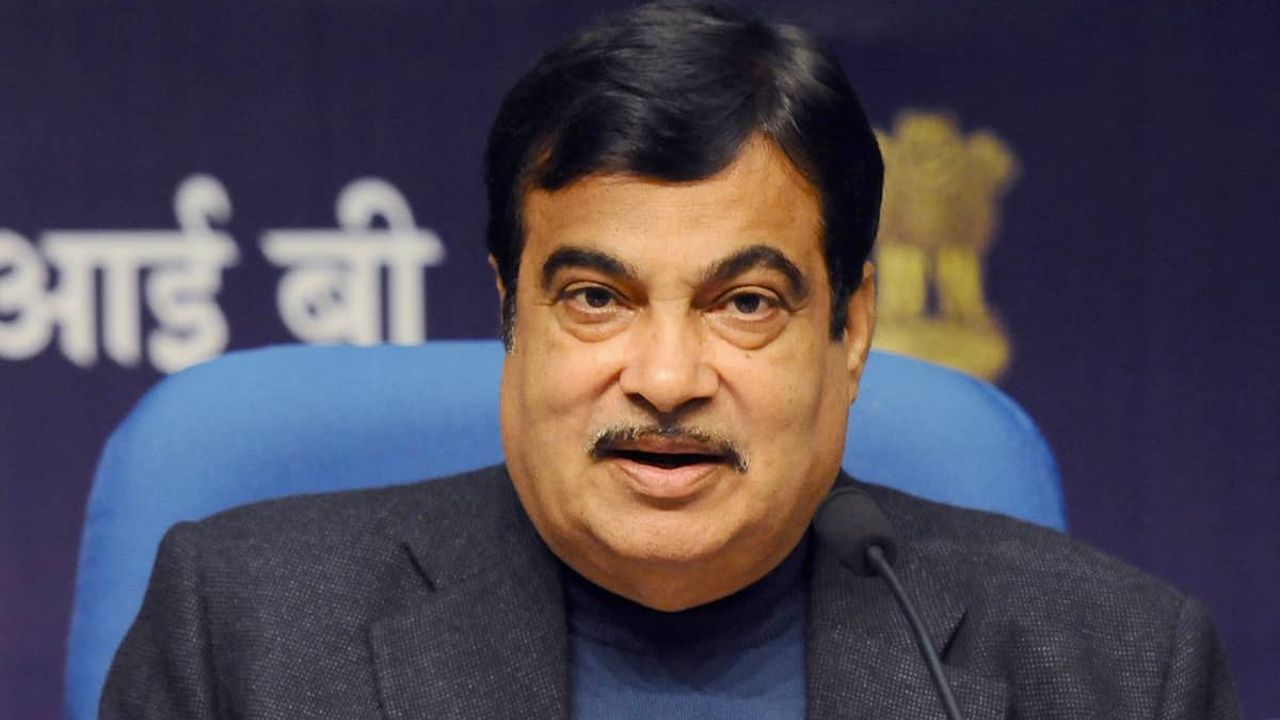No Additional 10% GST on Diesel Vehicles in India, Confirms Nitin Gadkari
Nitin Gadkari, the Union Minister of Road Transport, confirmed that there is no such active proposal on the 10% additional Goods and Services Tax (GST) on diesel-powered vehicles. Let's take a quick read to know more regarding the same.

Nitin Gadkari, the Union Minister of Road Transport, stated at the 63rd Society of Indian Automobile Manufacturers (SIAM) Convention that he would propose a 10% additional Goods and Services Tax (GST) on diesel-powered vehicles to deter automakers from producing them. The minister later clarified, though, via his official Twitter account, "There is no such proposal currently under active consideration by the government." The current GST rate on automobiles is 28%, with an additional cess that varies by vehicle type ranging from 1% to 22%. SUVs are subject to the highest GST rate (28%), as well as a 22% compensatory cess. Let's take a closer look at the other significant details.
Also Read: Auto Stocks Fall Prior to Nitin Gadkari Clarification on 10% Additional GST on Diesel Vehicles
No Additional 10% GST on Diesel Vehicles: What's More?
The Minister referred to diesel as a harmful fuel while addressing the audience at the ongoing SIAM event. He went on to say that after 2014, only 18% of automobiles were diesel, down from 52%. He asserted that the number of diesel automobiles shouldn't rise as the sector expands. He urged the public and automakers to make independent decisions to minimize the number of vehicles powered by diesel.
No Additional 10% GST on Diesel Vehicles: Will it come into Effect?
Although the Union Minister of Road Transport initially mentioned plans for higher taxes on diesel-powered automobiles, he later emphasised that no such plan is currently in the works. However, according to industry reports, if implemented, the effort will not only limit the supply of diesel vehicles but will also encourage automakers and the general public to adopt green mobility options. While clarifying his own comment at the event, Nitin Gadkari stated, "In line with our commitments to achieve Carbon Net Zero by 2070 and to reduce air pollution levels caused by hazardous fuels like diesel, as well as the rapid growth in automobile sales, it is imperative to actively embrace cleaner and greener alternative fuels. These fuels should be import substitutes, cost-effective, indigenous, and pollution-free."
Many diesel engines and vehicles have already been discontinued due to the implementation of the harsher BS6 Phase 2 emissions requirements, and the cost of those that are still in production has increased significantly. Now, the market for diesel cars may suffer significantly if the additional GST hike on models with diesel engines goes into force.








Write your Comment on